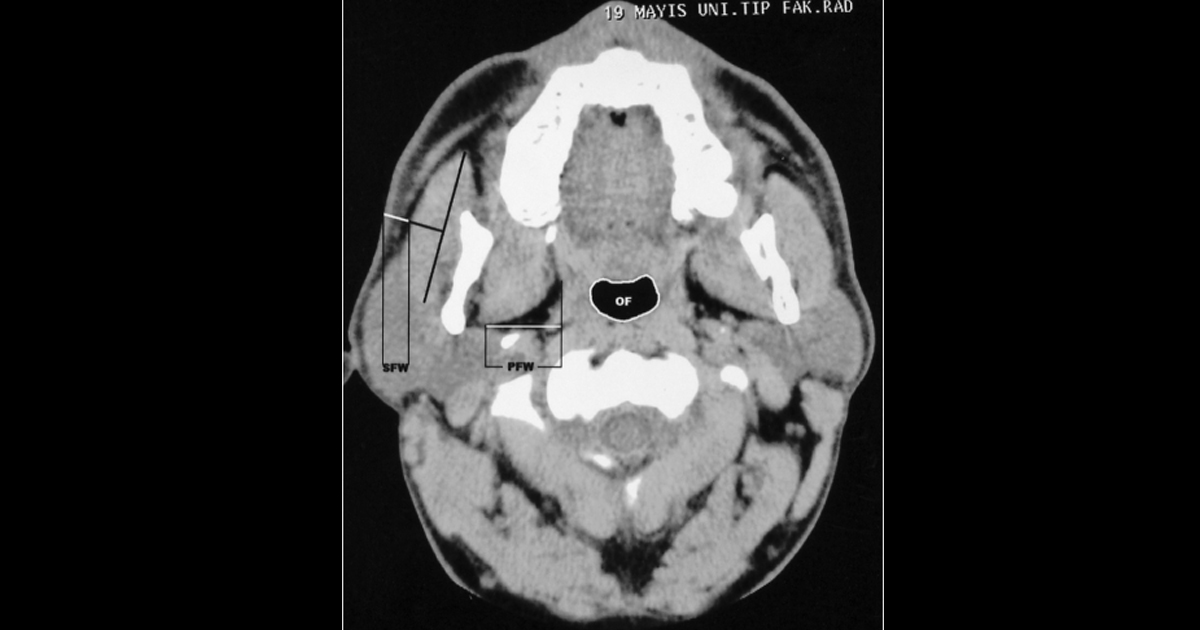La obesidad, la historia de los padres y los genes juegan un papel importante en el desarrollo de la T2D. Sin embargo, la influencia de cada factor no está clara. Este estudio apunta a investigar la influencia de la obesidad (índice de masa corporal [IMC], relación cintura / cadera), pH y 16 polimorfismos de un solo nucleótido (SNP) asociados con T2D en la variabilidad de T2D en México, comparando 1234 controles no diabéticos y 1219 pacientes diabéticos.

La etiología de la Diabetes tipo 2 (T2D) incluye factores como la genética y su predisposición, etnicidad, mala nutrición, etilo de vida sedentario, obesidad y Dilipidemia. Varios estudios referentes a casos hereditarios de enfermedades han indicado que la Diabetes Tipo 2 (T2D) es fuertemente heredable, en un 25%. Sin embargo, existe poca información relacionada con la heredabilidad en familias sin presencia de gemelos, sin saber cuánta de esta se deriva de la genética y de otros factores de herencia, tales como los epigenéticos.
Estudios históricos de vinculación, genes candidatos y estudios de asociación de genoma (GWAS) han descubierto más de 100 variantes de genes asociado con T2D. Sin embargo, la influencia de estos genes en la enfermedad no está clara.

México está experimentando el aumento más rápido jamás registrado en la cantidad de niños y adultos con casos de T2D, y ahora ocupa el segundo lugar en América Latina y el sexto en el mundo en prevalencia de T2D, con casi 11.5 millones de personas afectadas.
Of the 1250 controls and 1250 cases included in the main case-control study, 16 controls and 31 cases were excluded due to the poor quality of their DNA samples.
Tras la exclusión, quedaron un total de 1219 casos y 1234 controles. Todos los 2453 participantes fueron incluidos para análisis de SNP y BMI; sin embargo, solo 2043 se incluyeron en el análisis del PH de T2D, y solo 1723 se incluyeron en el análisis de WHR basado en la circunferencia de la cintura y la cadera, ya que faltaban los datos de algunos participantes.
Nuestros hallazgos mostraron claramente que el papel desempeñado por los factores estudiados (obesidad, HP y genes) en la variabilidad de la T2D no es el mismo en todos los grupos de edad en México. Mientras que la influencia de la historia paterna de diabetes y genes disminuyó a medida que aumentaba la edad de presentación de la T2D, la influencia de la obesidad se mantuvo más o menos constante en todas las edades de la presentación de la enfermedad.







